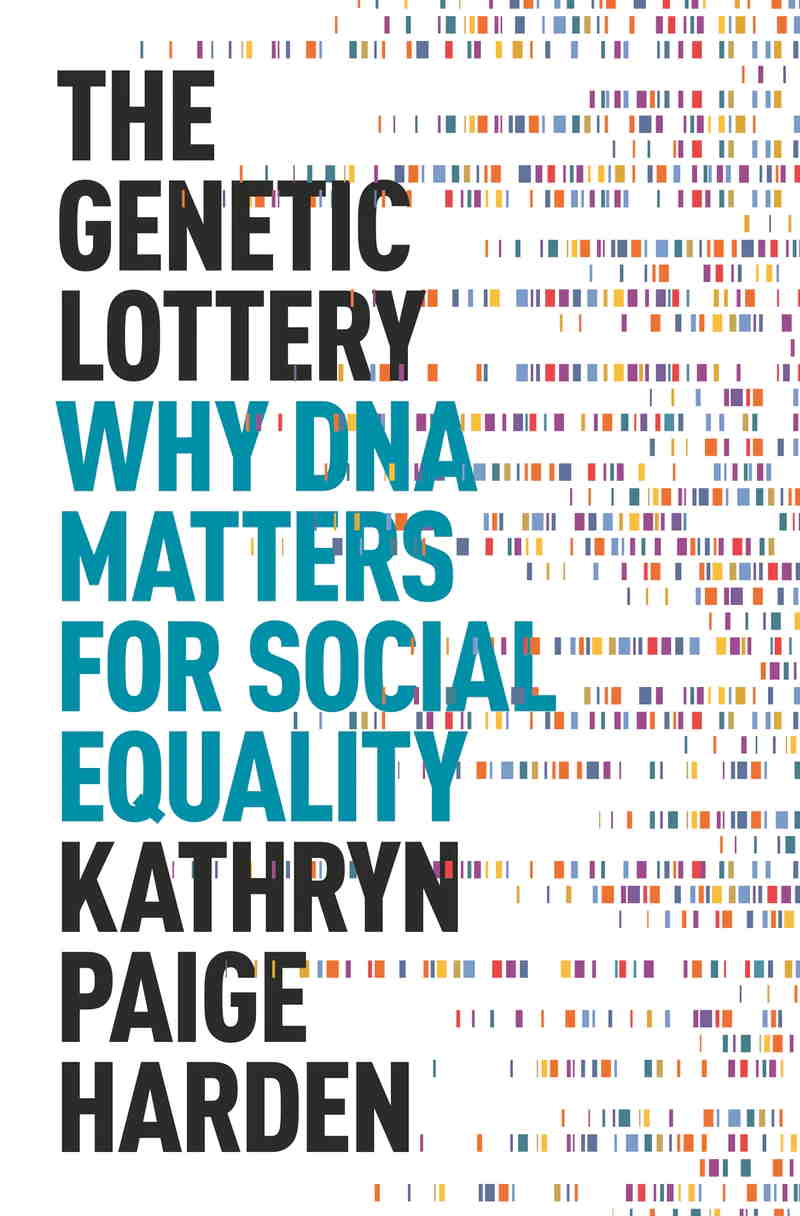Aggregated News

Kathryn Paige Harden, Professor of Psychology who leads the Developmental Behavior Genetics lab at the University of Texas at Austin, USA, is considered by many in her field as an up and coming superstar. Her book, The Genetic Lottery: Why DNA Matters for Social Equality, proposes that an individual's genetic composition, specifically related to their capacity to succeed at education, has an important role in determining their social outcomes. Harden examines the role that an individual's genetic predisposition may have in contributing to their position in society.
To make her case, Harden relies on, for example, results of studies that have associated polygenic scores (PGS) with educational attainment. PGS are derived from genome-wide association studies and identify variants that are statistically associated with a given phenotype. Harden summarises results from a series of PGS studies that indicate that they predict educational attainment, and that educational attainment is associated with a number of social outcomes including greater wealth. None of this is particularly controversial to people who know genetics. The traits of all organisms, behavioural and otherwise, result from the complex...



